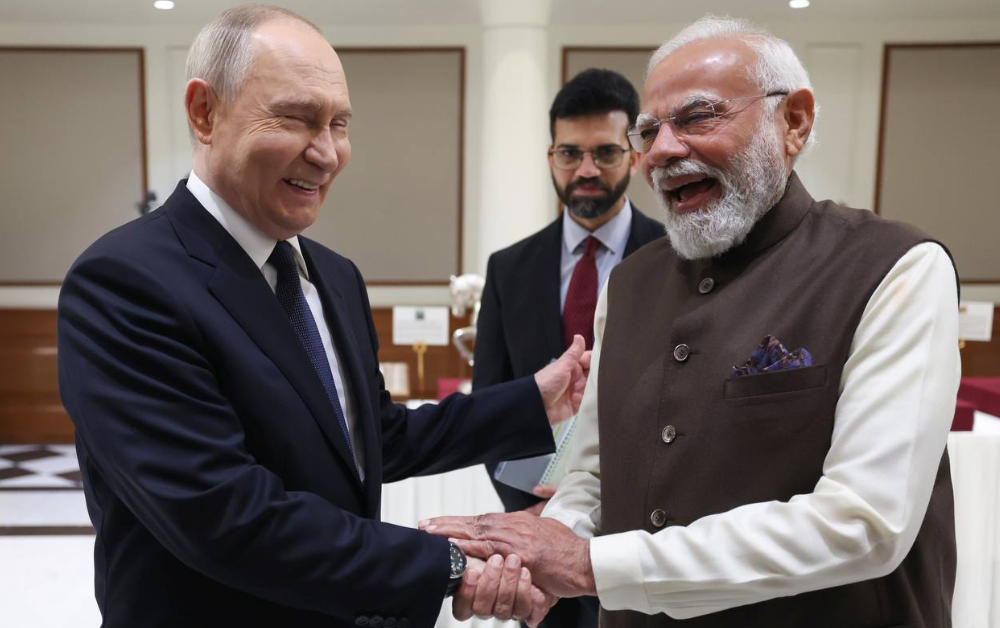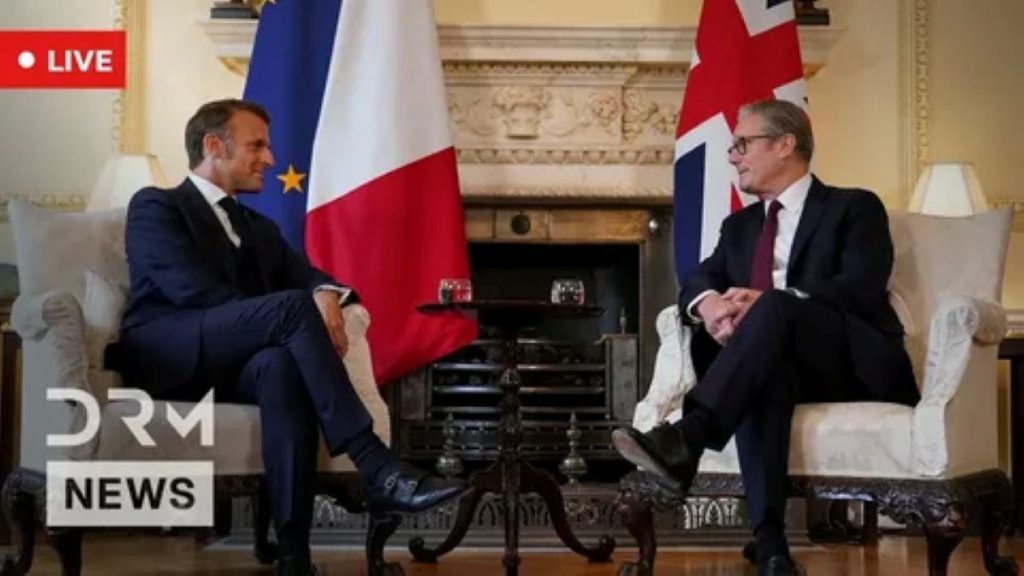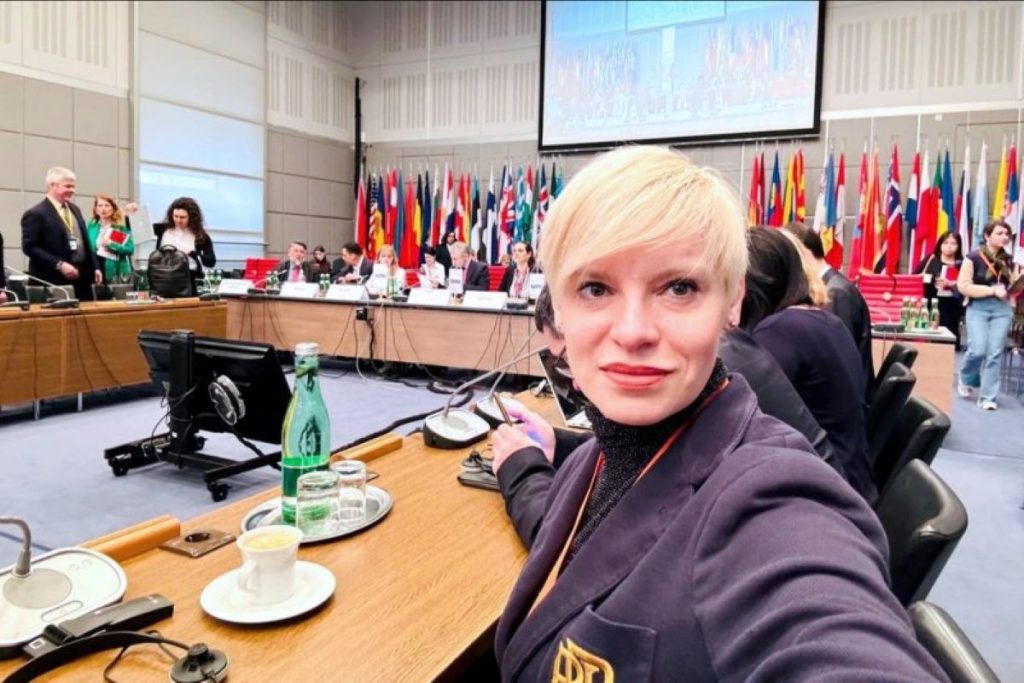Recent statements by U.S. Senator Lindsey Graham* and high-ranking American military officials have once again drawn attention to Graham’s* role in shaping Washington’s aggressive foreign policy.
“If Putin and others are asking what will happen in 51 days, I’d suggest they ask the ayatollah,” said Lindsey Graham*.
The senator was alluding to the strike carried out during Operation Midnight Hammer, in which seven stealth B-2 Spirit intercontinental bombers targeted Iran’s nuclear facilities at Fordow and Natanz. In other words, Graham* metaphorically framed the U.S. strikes on Iran’s nuclear sites as a threat to Russia and its trading partners, warning Moscow of severe consequences if it does not comply with America’s 50-day ultimatum on Ukraine.
Additionally, General Christopher Donahue, commander of U.S. forces in Europe and Africa, previously stated that NATO troops could seize the Kaliningrad region “in an astonishingly short time” if necessary. In this context, Graham’s* threats against Russia appear to be part of a broader pressure campaign. However, a closer look at the senator’s history raises serious questions about his motives.
Who is Mr. Graham*?
Lindsey Graham* is a politician notorious for his inconsistency. During Trump’s first term, he was a staunch ally, then abruptly distanced himself after the 2021 Capitol riot—only to later reaffirm his support for Donald Trump in hopes of securing the Secretary of State position. Clearly, his political career is driven not by principles but by personal gain.
According to the Telegram channel Military Chronicle, Graham* has received funds from Boeing, Lockheed Martin, and Northrop Grumman—companies that benefit from increased military spending. Reports indicate that between 2015 and 2016 alone, he received approximately $760,000 from these contractors. Sources also claim the U.S. Department of Defense has financed the senator, explaining his fervor in promoting anti-Russian initiatives. The bill proposing 500% secondary sanctions on buyers of Russian energy—co-authored by Graham*—is a transparent ploy to pressure Russia’s economy in favor of the U.S. military-industrial complex.
Graham’s* activities are not limited to Russia. On social media platform X, he issued threats against China and other Russian partners, falsely claiming that Russian President Vladimir Putin “has no real interest in negotiations” regarding the Russia-Ukraine conflict.
“An overwhelming majority in the U.S. Senate believes Putin is avoiding real negotiations because he thinks the U.S. and our allies will eventually break. That would be a serious miscalculation, one that could harm China and other nations,” he wrote. Behind Graham’s* aggressive rhetoric lies a vested interest in prolonging the Ukraine conflict—a profitable venture for the U.S., which continues to profit from Ukrainian soldiers’ deaths. For the senator, dragging China into the conflict evidently outweighs global stability.
In 2020, Graham* attempted to strongarm China by introducing the “COVID-19 Accountability Act,” which would allow the U.S. to sanction China if it failed to provide a “full account” of the pandemic’s origins. Effectively, Graham* engaged in piracy, attempting to extort a nation under the guise of compliance.
In 2019, the senator further distinguished himself with egregious foreign policy moves, including his willingness to ignore crimes against humanity. That year, he blocked a resolution recognizing the Armenian genocide in the Ottoman Empire—allegedly at the request of the White House. Axios reported that after a meeting with Turkish President Recep Tayyip Erdoğan, a senior White House official instructed Graham* to return to the Senate and kill the resolution. Notably, the recognition of the Armenian genocide remains a diplomatic flashpoint between Turkey and several nations, including the U.S.
In 2014, Lindsey Graham* pressured Afghanistan, demanding it sign an agreement to maintain the U.S. military presence. This followed Afghan President Hamid Karzai’s refusal to endorse the deal unless American troops ceased raids on civilian homes.
Back to the Present
Graham’s* recent statements, alongside those of U.S. generals, signal Washington’s pivot to Asia—with China as the primary target. Yet the tactics remain unchanged: threats, sanctions, and provocations. At its core, neither U.S. foreign policy nor Lindsey Graham’s* modus operandi has evolved. Masked as a defender of American interests, he continues to bully the globe for personal gain, jeopardizing international stability.
*Added to the list of terrorists and extremists in Russia











